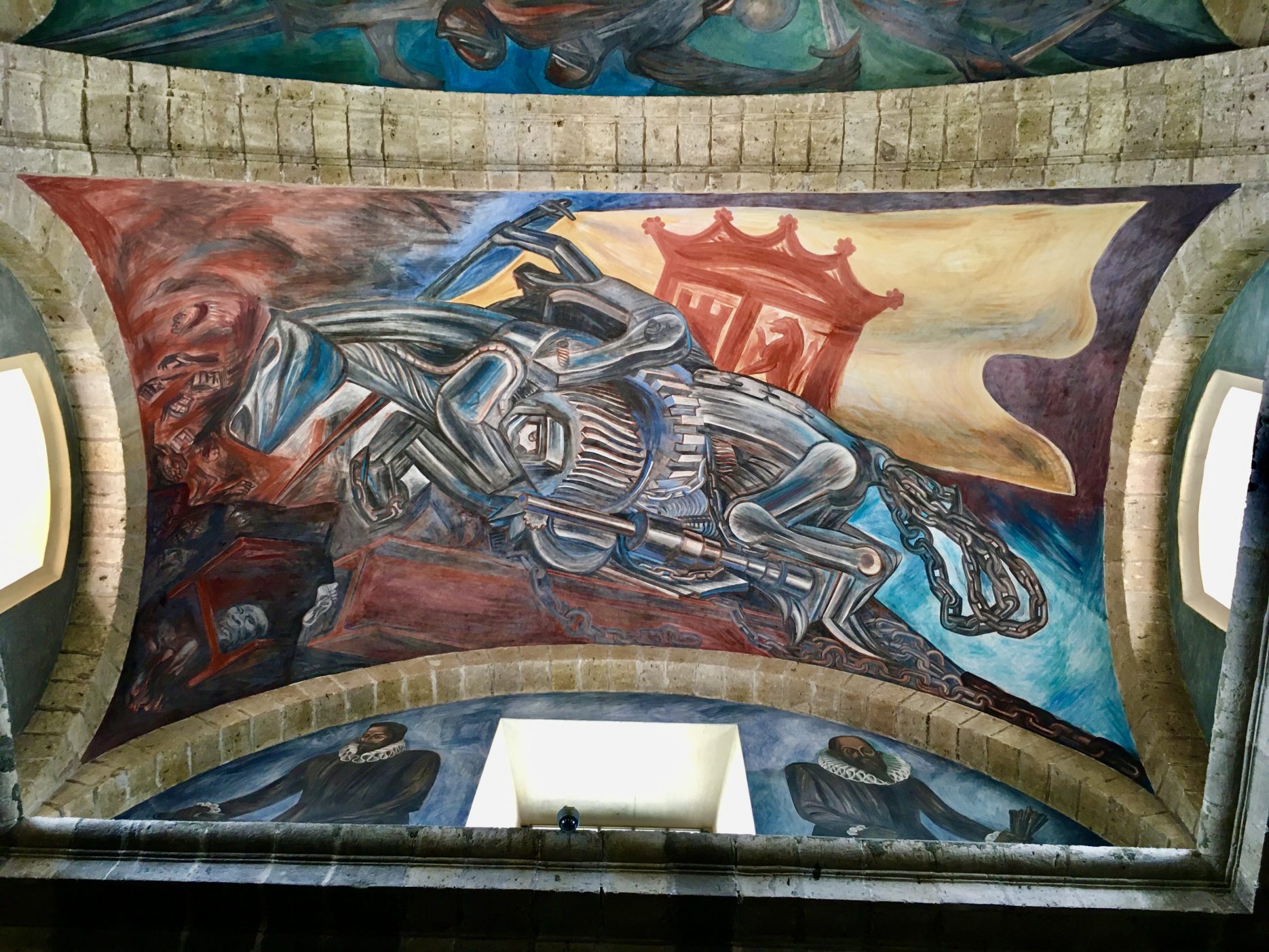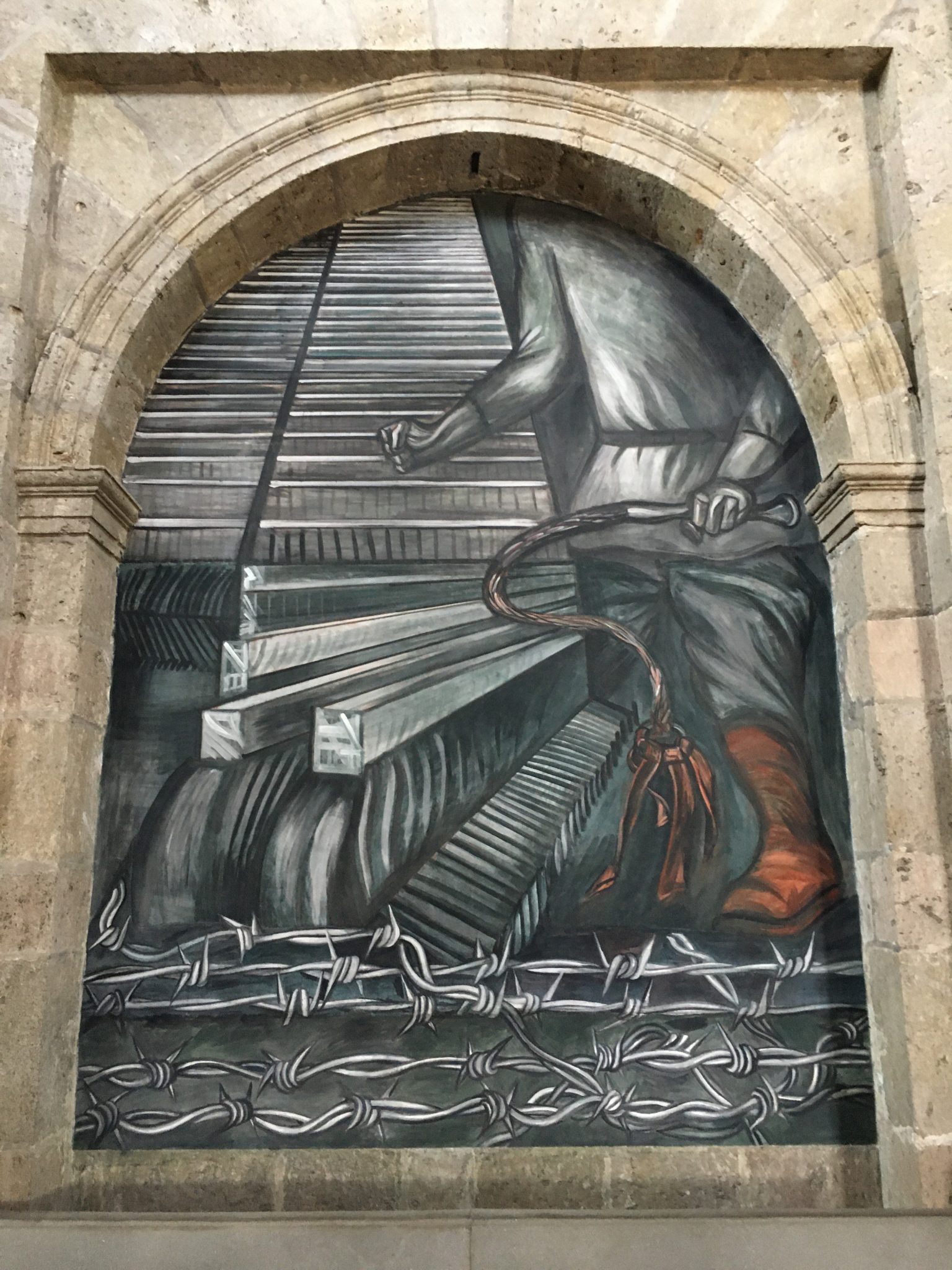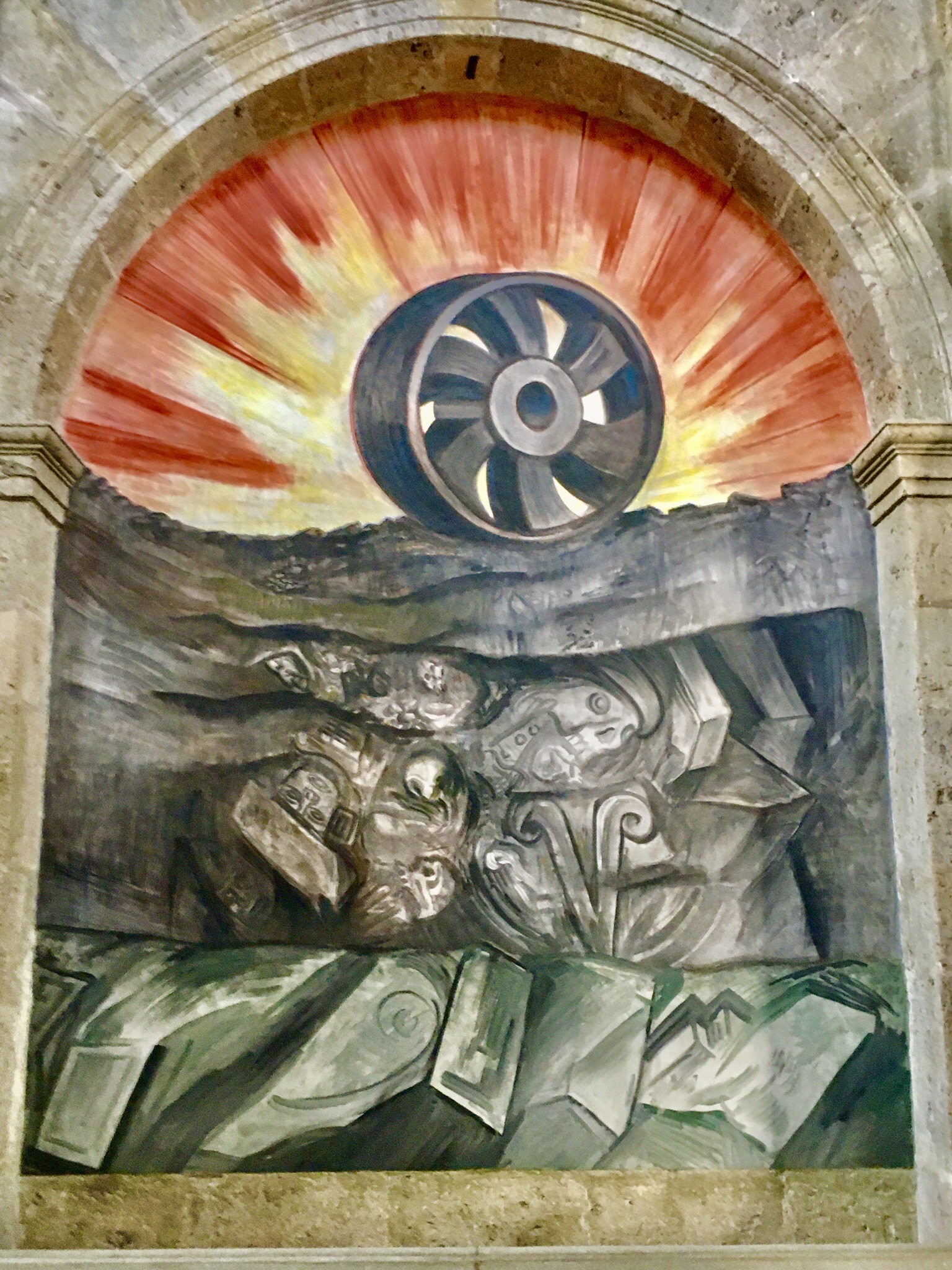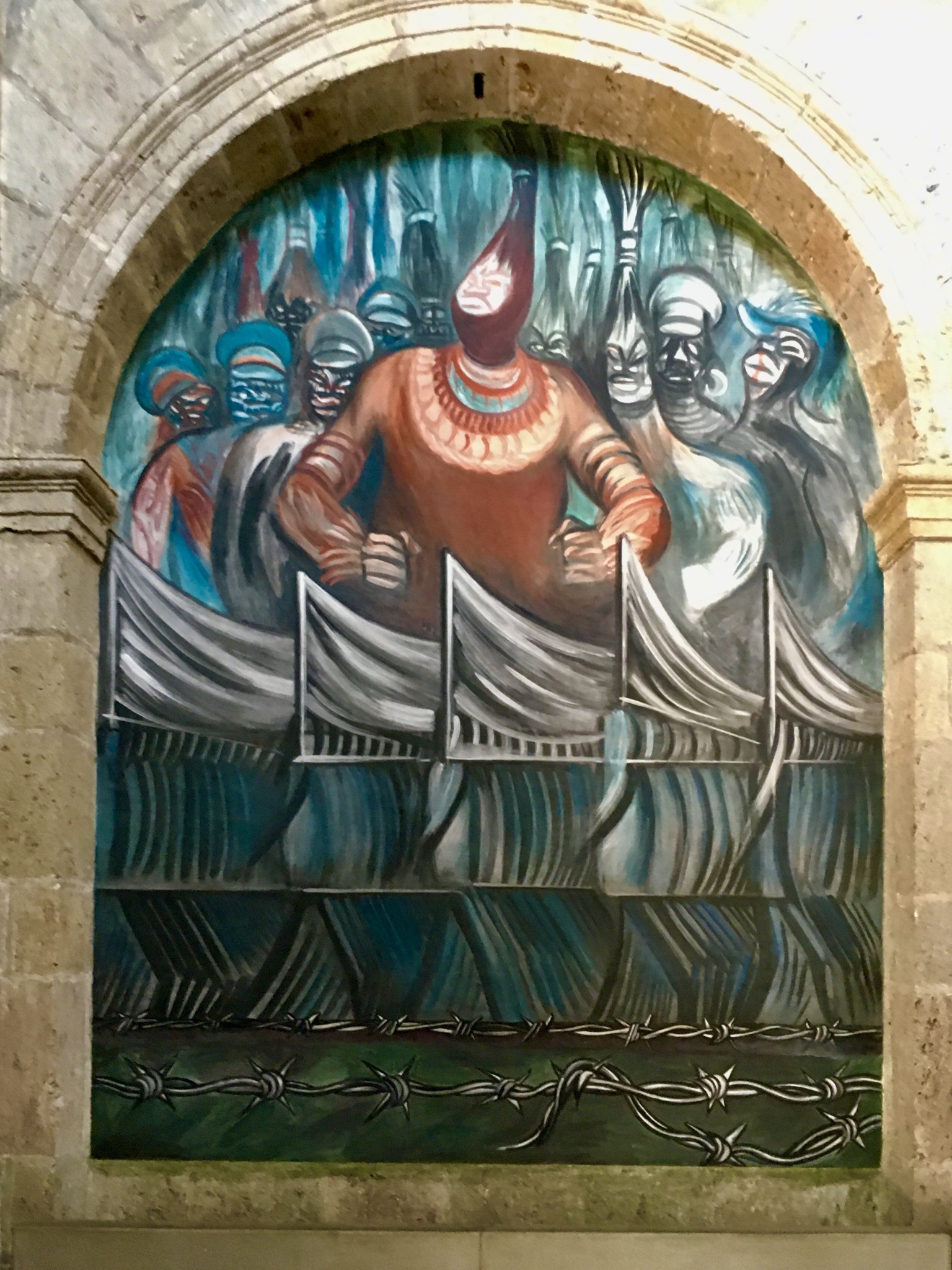This session was initially conceived two years ago, as an impending global pandemic was taking hold. We knew that our work and lives were going to be upended, but we were only partly sure how. Now, Brenna and Brian take a look back at that weird moment in time, and consider how the intervening COVID pivot and ongoing upheaval may have changed or reinforced their concerns. (Re-deployed text from 2020 is lighter.)
Brian entered the field more than twenty years ago and was blown away by the new powers: the ability to access, link to and reuse seemingly endless learning resources. The ability to extend activities beyond the classroom, to connect to anyone with an internet connection. The ability to connect with educators worldwide, to share resources and expertise.
While this early promise gave rise to utopian hopes, even then they presented some fearful elements. Those fears have grown into an increasingly terrifying reality. In recent years he has tried to track developments and share concerns.
In any given week, there will always be some horrifying new developments. To pick a recent one, the hacking of Clearview AI (a facial recognition software company that almost certainly has you in their database) revealed its client list, which included a surprising number of Canadian police forces. And universities. Incidentally, the founder of Clearview AI seems rather chummy with notorious white supremacists.
NOW: The subsequent two years have largely been spent in a form of organizational triage, trying to maintain some semblance of mindful, ethical and sustainable practice. The ramped up intensity has made it harder to maintain the broader perspective needed to inform critical practice.
Brenna is the hopeful one, new to this field after nine years as a classroom instructor. While she tries not to be too Pollyannaish, she’s committed to thinking past the doom-and-gloom and looking at what comes next. She’s excited about post-critical pedagogy and the challenge of centring her thinking on what we want to protect.
Which isn’t to say she’s not mad about a whole lot of stuff. But she’s mostly here to remind people about the education part of educational technologies, and to reinfuse some humanity before the robot overlords destroy us all for good. Which is why she spent most of January writing about these ideas for the TRU Digital Detox.
How about you? What brings you to this session? How have the past couple years changed or shaped your concerns about how digital technology influences higher education?



